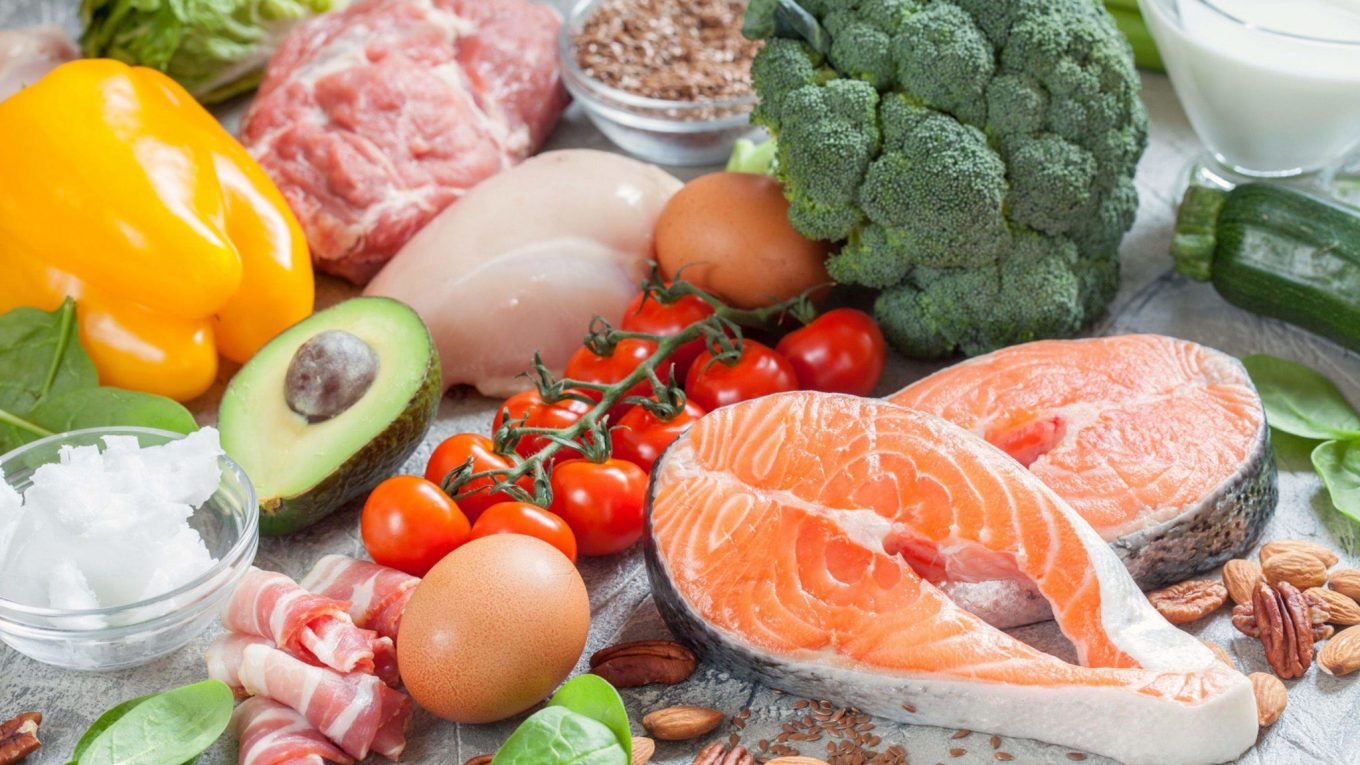Low fodmap diet nhs
Fodmap is a group of short-chain carbohydrates, natural sugar molecules, that are hardly absorbed in the small intestine. Carbohydrates, which are found mainly in plant fiber or fiber, are a major source of energy for the body, including gut bacteria. But FODMAP carbohydrate molecules differ from others in that they cause excessive gas in some people when they enter the large intestine. In this article, let’s talk about low fodmap diet nhs.
Gut bacteria break down these fibers, but in the process produce gas and other molecules that irritate the intestinal mucosa in some people. As a result, the intestinal walls rapidly expand and put pressure on the nerve endings, which send a signal to the brain. This can cause painful sensations, especially in people with sensitive intestines. Microbial activity also affects the rate at which stool passes through the intestines – in some cases, it leads to constipation or diarrhea. What do you need to know about it?
What is the FODMAP diet and when is it needed
Sometimes these two conditions overlap. In bacterial overgrowth syndrome in the small intestine, there is an excessive increase in total bacteria, especially those not normally found in this part of the GI tract. Nevertheless, doctors and nutritionists do not recommend following such a strict diet for longer than eight weeks, as it is intended solely for identifying foods from the FODMAP group, which cause a negative reaction of the gastrointestinal tract. Specialists may also prescribe it without an established diagnosis for the following symptoms:
- Abdominal pain;
- Increased gas;
- Abdominal bloating;
- Diarrhea;
- Constipation.
In healthy individuals, symptoms of bloating and loose stools may develop if large amounts of FODMAP carbohydrates are consumed. Diarrhea after eating a large quantity of plums or cherries is a good example. In people with irritable bowel syndrome, sometimes a small excess of FODMAPs in the diet is enough to cause or exacerbate symptoms. This is seen, for example, when a patient has lactase deficiency or fructose intolerance.
Lactase deficiency in adults is a decrease in the activity of the enzyme lactase, which breaks down the milk sugar lactose in the lumen of the small intestine. The likelihood of developing lactase deficiency increases with age, as decreased enzyme activity is a natural evolutionary process in the transition from breastfeeding to adult feeding. Secondary lactase deficiency can occur in some intestinal diseases of infectious and inflammatory origin. The consequence of low lactase enzyme activity is poor breakdown of milk sugar, and consumption of foods with large amounts of lactose can lead to the symptoms described above.

